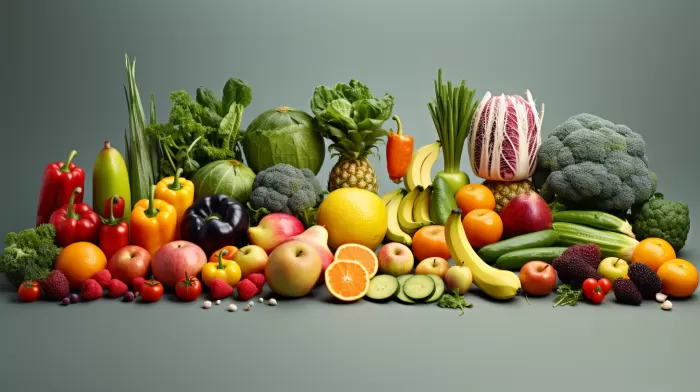Beware of the latest gluten fad, as this web of misinformation can harm your health, ruin your digestion, and make your life miserable. The fad in question isn’t about switching to a gluten-free diet. It’s the latest dietary advice by so-called experts who claim that eating foods rich in gluten is perfectly acceptable for most people.
Myth 1: Everyone Should Try Giving Up Gluten for a Week
Some experts argue that most people shouldn’t waste their time and money eating gluten-free. However, avoiding gluten doesn’t have to cost more than the standard American diet, unless you’re replacing cookies, cakes, chips, and pastas in your former diet with gluten-free options. That can be expensive and misses the point. A genuinely gluten-free diet should cut your calories, eliminate much of the processed food you might otherwise eat, and steer you toward more fruits and vegetables.
When you dine gluten-free, you’re mostly eliminating foods (the ones containing gluten); you’re not adding foods that cost more. This can make a significant difference in your digestive well-being and not be a burden on your finances.
Myth 2: Even if You Don’t Have Celiac Disease, There’s a Good Chance You Could Be Gluten Sensitive
Millions of people have gluten sensitivity or celiac disease (an autoimmune reaction to gluten) without even realizing it. While there are medical tests available for celiac disease, researchers are still trying to identify those who are gluten sensitive.
The best way to determine if you’re having problems with gluten, according to the experts, is to give it up for a while and see how you feel. Remember, taking a break from gluten can’t harm you. Gluten is an indigestible group of proteins that doesn’t provide any benefits to your body.
Myth 3: Gluten is Bad at All: Look at the Science
It’s true that one or two studies showing a food ingredient like gluten is linked to illness don’t prove much. However, a growing number of studies connect gluten to various physical and mental health issues. Researchers now believe that many cases of schizophrenia are related to gluten reactions that are not celiac and not typical gluten sensitivity, but they haven’t been able to determine the physiological, gluten-related processes that contribute to this illness.
Nutrition science is both complicated and simple. Yes, there are numerous natural chemicals in food affecting the body, making the overall science of nutrition seem like a maze that leads to puzzling conclusions. Still, the fundamental advice for healthy eating is relatively straightforward:
- Eat plenty of fruits and vegetables.
- Avoid processed foods.
- Cook your own meals.
- Eat organic when possible.
- Consume real food, not the over-hyped products pushed by fast-food chains and food manufacturers. These big businesses don’t have your best interests at heart and seek to profit from your “health.”
In conclusion, don’t be swayed by the latest gluten fad, arguing that consuming gluten-rich foods is acceptable for most people. The solution for better health can be simple: eat a balanced diet, consume more fruits and vegetables, and reduce your gluten intake whenever possible. Trust your body’s signals and needs, and take control of your health.



